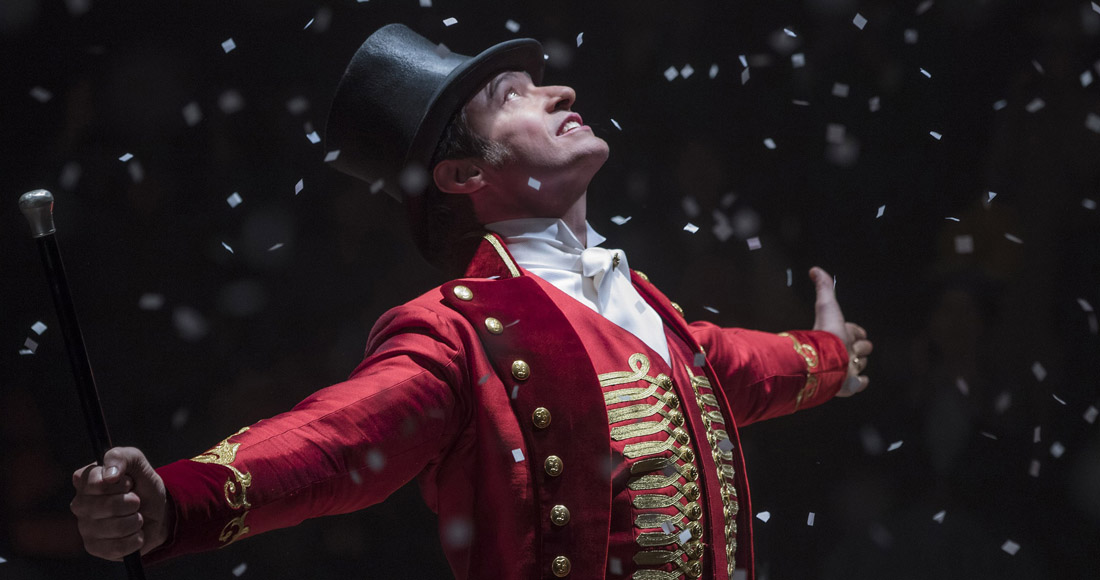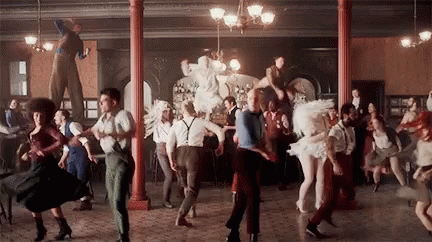I saw the sun begin
to dim
And felt that
winter wind
Blow cold
A man learns who is
there for him
When the glitter
fades and the walls won't hold
'Cause from then,
rubble
One remains
Can only be what's
true
If all was lost
Is more I gain
'Cause it led me
back
To you
From now on
These eyes will not
be blinded by the lights
From now on
What's waited till
tomorrow starts tonight
Tonight
Let this promise in
me start
Like an anthem in
my heart
From now on
I drank champagne
with kings and queens
The politicians
praised my name
But those are
someone else's dreams
The pitfalls of the
man I became
For years and years
I chased their
cheers
The crazy speed of
always needing more
But when I stop
And see you here
I remember who all this was for
And from now on
These eyes will not
be blinded by the lights
From now on
What's waited till
tomorrow starts tonight
It starts tonight
And let this
promise in me start
Like an anthem in
my heart
From now on
And we will come back
home
Home, again!
From now on!
These eyes will not be blinded by the lights!
What's waited till
tomorrow starts tonight!
It starts tonight!
Let this promise in
me start
Like an anthem in
my heart
From now on!
And we will come
back home
Home again!
I've been singing for more than fifteen years now. And I must admit, my classical training has
also made me a snob to certain kinds of music, especially those that would come
off as too “mainstream.” And yet, I
think that only a very numb human being who has seen “The Greatest Showman” and
has heard its songs were not affected by them.
Today, I write about the song “From Now On,” which was one of the songs
performed in the latter part of the movie.
Written by the musical genius that is the duo of Justin Paul and Benj
Pasek (also behind the mesmerizing music of Lala Land), From Now On caught my snobbish
attention even before the movie was shown.
I remember seeing on Youtube a video of the rehearsal where Hugh Jackman
stood in front of producers. Because he
had just gotten surgery, he was there quite literally as a warm body while Broadway
singer Jeremy Jordan sang. I cannot put
my finger on it but the emotion was just so palpable while watching that video. The arrangement of the song, of course, was
designed to elicit emotion, but there was just a certain genuineness that drew
me to it. I’ll admit, it got me playing
that song over and over during my walks to school last January, and also got me
to watch the movie.

Going beyond the initial awe, I have come to realize that From Now On is a masterpiece of storytelling for two main reasons. First, the words were written in a way that is direct yet poetic. You knew exactly what was going on in context of the movie and the storyline. Second, the musical elements – melody, harmony, orchestration, vocal arrangement – all converged to tell the story that transcended the words. From Now On is a story that, to me, was powered by music from various perspectives.
Let’s start looking at the character in this story. PT Barnum, the story’s hero played by Hugh
Jackman, is the proponent of the Circus Act that enchanted thousands, but also
came crashing down with a tragic fire. You
could see him in a bar, seemingly sulking in his failure, while the people who
worked in the Circus with him surrounded him. PT Barnum at this point, is definitely feeling
the regret of his actions (neglecting his circus crew for an international act
that went around the US on tour). He
begins singing the words recounting the events that led to the tragedy, which
he apparently blames on himself. He sings
about seeing the people who are there for him after everything is lost. This renewed support is also enlivened by a
sense of hope when he begins the chorus, saying that from now on, his eyes will
no longer be blinded by light. He gains
more momentum in the scene and song and sings about what’s most important –
coming back home again.
Another perspective that is interesting to look at is the journey that PT Barnum had prior to this song. The song begins with a recount of what was a clear mistake in his life. The words talk about his neglect of people around him. And once that was established, there was a smooth but clear transition to a sense of realization. This is very visible in the words like “if all was lost, is more to gain because it led me back to you.” The journey of our fallen hero continues with the song transitioning to a sense of hope. The words become more positive than ever and so does the music. This is most evident in the thicker texture of major chords that are embellished with extravagant orchestration (yes, 32nd notes all over the place on what sounded like either a viola or a cello) and glorious gospel choir in the background. The story just unfolds gradually and ever so clearly that as the entire journey throughout the words go, I am able to visualize colors while listening. It just gets brighter and more hopeful.
Finally, From Now On does what many songs do well – it resolves. It ends the song with a more subdued feel overall, but more importantly, ends with the words “and we will come back home, home again.” It was a clear resolution in terms of music, words, emotions, and story. PT Barnum’s roller coaster ride of discovering a gimmick that worked with the public, getting sidetracked by a Swedish opera diva, and experiencing tragic loss now ends with him coming back home to where it matters the most.

The second aspect I wanted to look at was the music. I did not study music, but I did not need my fifteen years of classical singing to decide that this was a genius musical product. And I think the magic happened because the music fell into place exactly where it should be and at the exact right time.
Listening
to the melody of the song, there’s no doubt that it is one that stuck. And considering that this was a musical set
on screen, there was a definite need for a catchy melody (I remember in January
humming this song multiple times throughout the day). But what made this extraordinary is the fact
that the melody, through its character and feel, helped tell the story. The use of the E major was easy, but for the
writers, I think it was a deliberate choice.
A major scale makes a song sound happier. The intervals that brought together the
iconic refrain (“and we will come back home, and we will come back home. Home again.”) simply sounds inspiring.

Then there’s
the arrangement. There are two aspects
of how this song was arranged that I have gotten very drawn to – the orchestration
and the vocal backup arrangement. The song
begins with a very soft and almost mute instrumentation at the beginning. The chords and instruments gradually build up
as the story unfolds. And by the time we reach the refrain and he is singing lyrics
of hope, the instruments tell the same story. As I mentioned earlier, a cello (or maybe a
viola) embellishes the instrumentation throughout the chorus repetitions. Then there’s the gospel choir. I’ve sung in choirs before and we all know
that the most emotionally connected choirs are those who sing gospel. I thought that this was genius for the
writers. Once the refrain is first sung,
a gospel choir accompanies Hugh Jackman. This simply strengthens what he says,
making it sound like there’s a lot of conviction. Also, there’s the aid to the story that the
people whom he realized mattered to him were there backing him up. And then the refrain repeats and repeats. As
it does, the gospel choir texture thickens with harmony of thirds and then
fifths. This just raises the musical
storyline to a climax. And then it goes
down and diminuendos as PT Barnum’s character begins to tell the story’s end.
There’s a
lot to be said about The Greatest Showman.
A lot of people loved it. Many critics
hated it. Some musicians thought it was
a sellout. In the end, a song such as
From Now On was written and performed to have an effect on listeners. It aimed to tell a story. And it did exactly that and more.
x

No comments:
Post a Comment